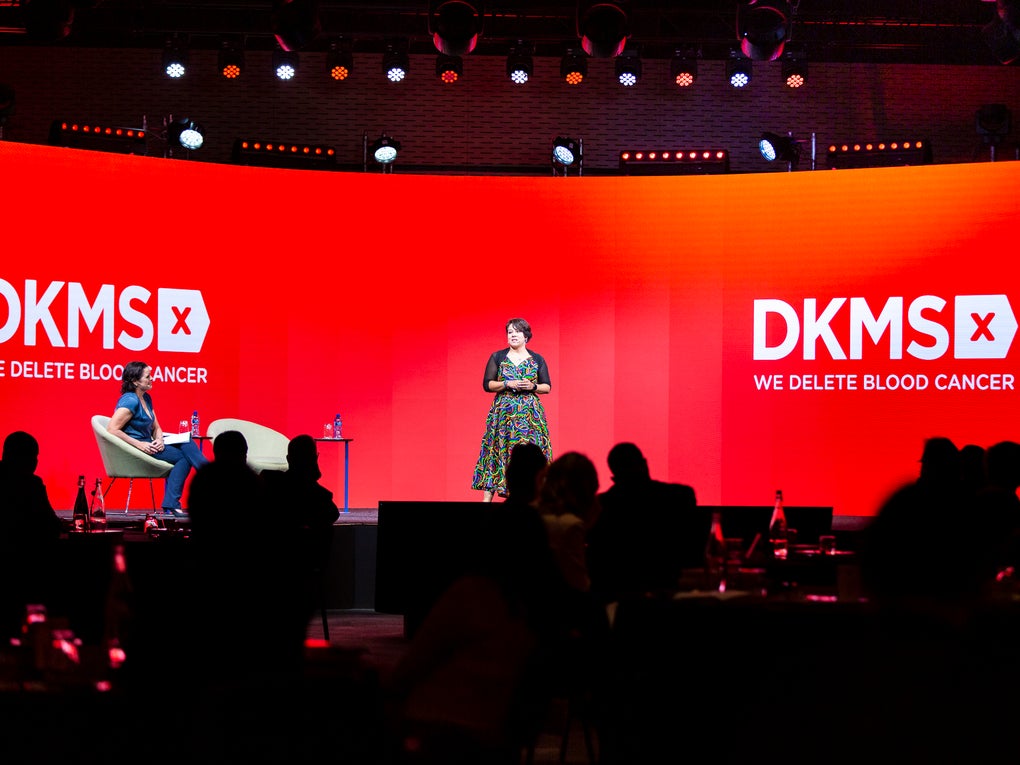
The Sunflower Fund becomes DKMS Africa in historic global partnership for blood cancer patients
In light of world health day on 7 April 2021, DKMS Africa, formerly known as The Sunflower Fund, is emphasising the opportunities that its global partnership brings to patients living with blood disease face when it comes to accessing healthcare services. This is off t he back of the WHO's theme for the day: Building a healthier and fairer world.
Alana James, DKMS Africa Executive Director says that in line with the WHO calling on leaders to monitor health inequities, she believes that it is vital for stakeholders in the health sector to facilitate services with a patient-focused approach to improve access to treatment and medication. “A patient-centric approach places practitioners, patients, and their families into alignment with patients' wants, needs, and preferences.”
To assist patients, DKMS Africa has expanded its focus to ensure that blood disorder patients make it to transplant. The organisation’s mission is to also increase the ethnic diversity of its patient and donor pools so they are representative. One of the greatest barriers to reaching transplantation is cost. Partnering with DKMS has provided the local organisation with access to high res HLA (DNA) typing at reduced costs, which speeds up the process supporting patient outcomes. This is a major step in alleviating costs for patients and their families.
“As life-threatening blood disorders like leukaemia are mainly treated with stem cell transplants, DKMS Africa recruits stem cell donors and maintains a global registry of potential donors committed to helping anyone in need of a life-saving transplant,” she says. “However, another large part of our business is to maintain a support fund to assist patients who are unable to afford costs associated with getting a transplant as well as being actively involved in creating a platform for support structures to assist patients, families and communities.”
To illustrate the high costs associated with a disease such as blood cancer, for example, James points to two estimates by the Independent Clinical Oncology Network in South Africa which reveal that cancer treatment can cost anything between R100 000 and R1 million per year. “This includes costs for diagnosis, pathology, chemotherapy and stem-cell transplants, to name a few. However, according to Cancer Research UK, the cost of cancer drugs is increasing by 10% per year.”
Furthermore, James says that the latest General Household Survey conducted in 2018 by Statistics South Africa revealed that only 16.4% of people in the country are on medical aid. “As such, many people living with blood diseases need to access healthcare in the public sector which has been under strain for many years and only exacerbated by COVID-19.”
“For example, we have seen many patients denied access to the necessary healthcare they need due to hospitals being overwhelmed and understandably needing to prioritise COVID-19 patients,” she adds. “However, as access to healthcare is a basic human right according to the South African constitution, it is the collective responsibility of all healthcare stakeholders to ensure this ideal is realised sooner than later.”
“To improve access to healthcare it is essential for the public and private sector to facilitate discussions to improve the healthcare ecosystem in South Africa,” she adds. “As healthcare stakeholders, our foremost role is to share learnings and knowledge while facilitating room for engagement to advocate for patient care and patient access.”
“At the end of the day, our patients are at the heart of our business and our aim is to advocate for equitable access to healthcare services and medication in the country to minimise suffering and lower the threat of life-threatening blood disorders in South Africa,” concludes James.
For more information or to register as a stem cell donor please visit dksm-africa.org.